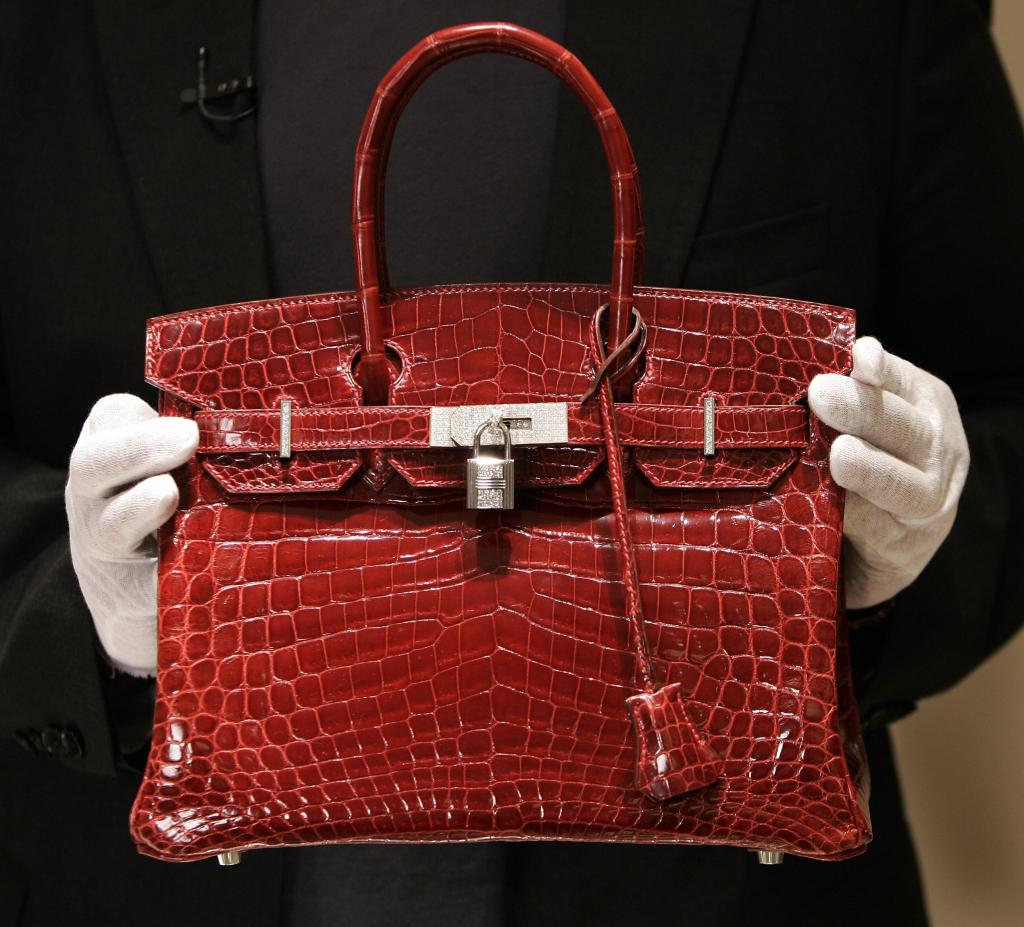A class action lawsuit has been filed against luxury fashion house Hermès, alleging “unfair business practices” related to the sale of their highly coveted Birkin handbags. The lawsuit claims that customers are required to purchase other products, known as “ancillary products,” in order to have the opportunity to purchase a Birkin. These ancillary products include shoes, scarves, belts, jewelry, and home goods. Customers must also have a sufficient purchase history with Hermès before being deemed worthy to purchase a Birkin, which is not on public display and is only offered in a private room.
The lawsuit alleges that Hermès’ practices violate US antitrust laws, accusing the fashion house of exploiting their market power to drive up the price of Birkin handbags and increase profits. Additionally, the compensation structure of Hermès sales associates is brought into question, as they allegedly do not earn commission on Birkins but do on sales for ancillary products and non-Birkin handbags. The Federal Trade Commission considers such “tie-in” sales as limiting the choice of buyers who may be forced to purchase less desirable items in order to obtain a desired item.
Two plaintiffs in California, Tina Cavalleri and Mark Glinoga, shared their experiences of feeling coerced into purchasing large amounts of other Hermès products in order to have the chance to buy a Birkin bag. Sales associates allegedly advised Glinoga to buy other items first before being able to purchase a Birkin. The attorneys representing the plaintiffs have expressed their dedication to pursuing justice and holding Hermès accountable for the alleged conduct. The lawsuit aims to address the alleged unfairness in how Hermès sells their Birkin handbags to customers.
While fans of Hermès have long speculated on the process of obtaining a Birkin bag, the fashion house has denied engaging in the practices outlined in the lawsuit. Hermès has stated that they do not require the purchase of certain products as a condition to buying others. However, Hermès CEO Axel Dumas has acknowledged that boutiques vet potential buyers and prioritize sales to loyal customers, which may contribute to the difficulty many face in purchasing a Birkin. The brand has clarified that they strictly prohibit any sales tactics that could be seen as anti-competitive or tying conduct.
The scrutiny on clientele and sales practices at Hermès comes as the luxury resale market continues to thrive, with Birkin handbags being highly sought-after items. Efforts to crack down on the resale market reflect the ongoing challenges faced by luxury brands in managing demand for their limited supply products. Despite the controversies surrounding the sale of Birkin handbags, Hermès remains a highly desirable brand for luxury consumers around the world, known for its quality craftsmanship and exclusivity. The outcome of the class action lawsuit against Hermès will shed light on the practices of the fashion house and their impact on consumers.


